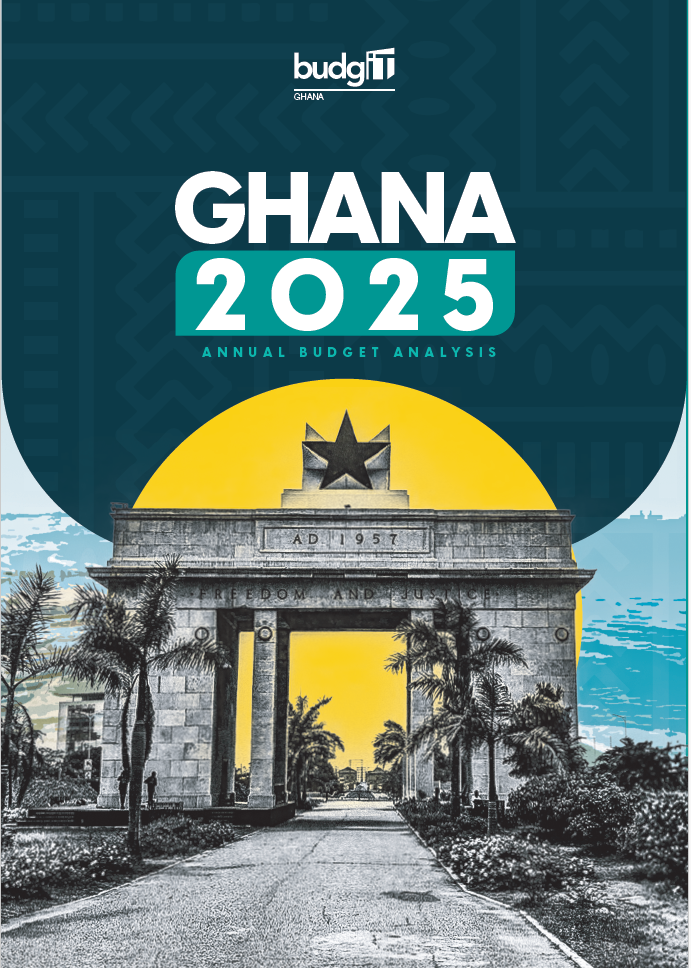Ghana 2025 Annual Budget Analysis
President John Dramani Mahama’s new administration unveiled the 2025 budget, which was titled “Resetting the Economy for the Ghana We Want.” This budget, the first under President John Dramani Mahama’s second term, totals GH¢ 293.1 billion and aims to restore macroeconomic stability, promote inclusive growth, and create jobs. In light of recent difficulties, the government’s budget is a step toward restoring sound fiscal discipline. Among other recent economic challenges, the Cedi depreciated by nearly 30% between 2022 and 2024, the public debt-to-GDP ratio rose to nearly 90%, and inflation peaked at over 40% in 2023. These macroeconomic headwinds, combined with a decline in investor confidence, necessitated the International Monetary Fund (IMF) support package and underscored the importance of fiscal reforms in the 2025 budget.
The government, through the 2025 budget, intends to implement fiscal efficiency measures and enhance public finance accountability, aiming to establish a strong foundation for long-term economic growth and rebuild trust in the public finance system. The budget outlines specific measures designed to drive economic growth, including investments in infrastructure, support for small and medium-sized enterprises (SMEs), and enhancements to social services.
While these measures signal ambition, several issues are raised. The budget assumes that the government will meet all revenue objectives without imposing significant tax hikes; however, previous projections have frequently fallen short. Moreover, restoring public trust through transparency and accountability requires more than just declared goals and intentions; it also demands institutional reforms and independent oversight, both of which remain under-defined. Also, investments in infrastructure and SMEs, although commendable, must overcome potential political interference and bureaucratic inefficiencies, which have historically hindered their delivery.
Furthermore, the reliance on IMF support raises concerns about long-term sovereignty in the formulation of economic policies. Although the budget presents a positive tone, the absence of a concrete debt restructuring plan and underestimation of the structural drivers of inflation could dampen its success. For policy pledges to result in measurable results, citizens, civil society organisations, and analysts must evaluate these programs with caution rather than blind optimism.
